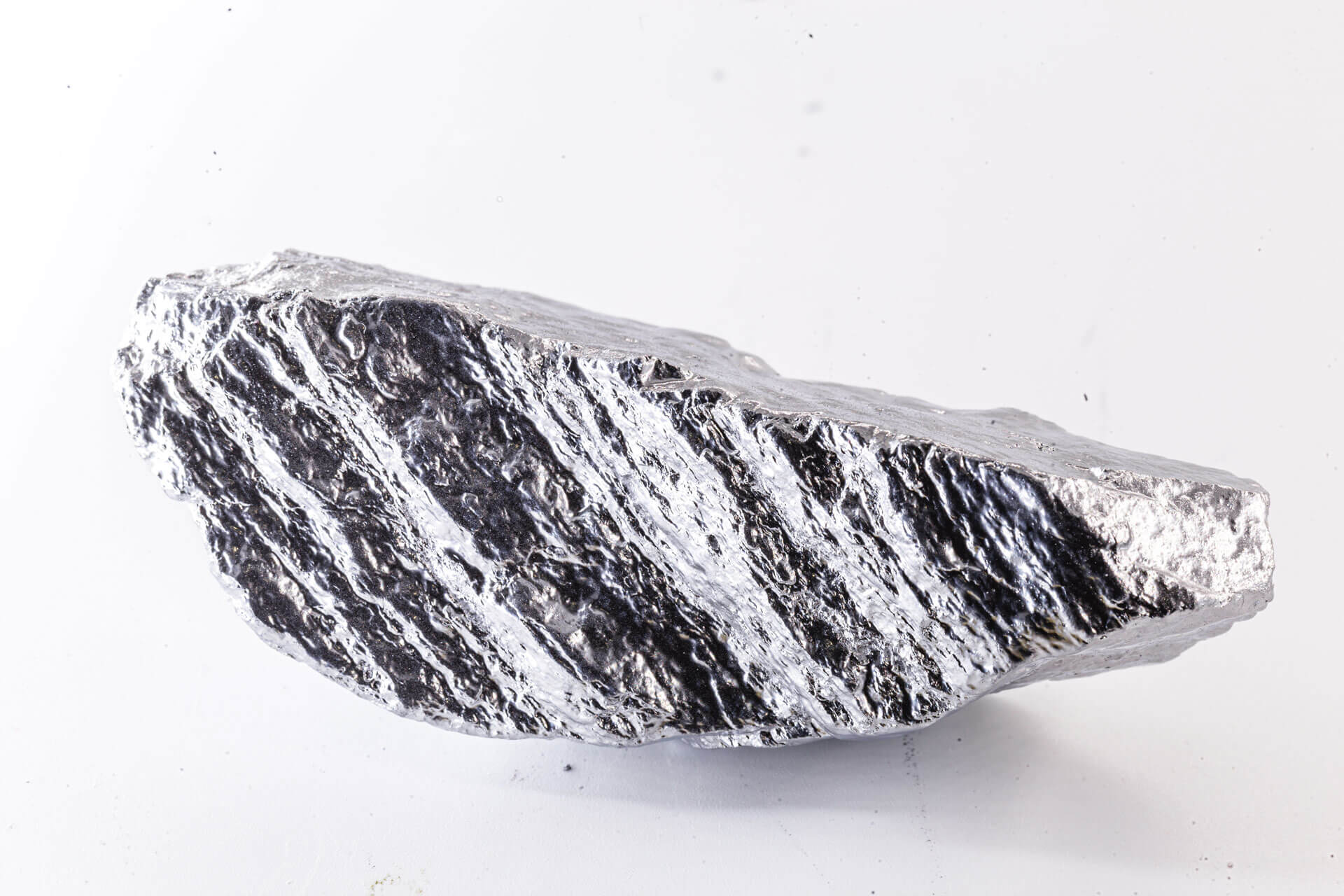Author: Paul Ploumis05 Jun 2015 Last updated at 03:22:45 GMT
SEATTLE (Scrap Monster): The ISRI-sponsored study conducted by John Dunham and Associates highlights scrap recycling industry in the US as a major contributor to the country’s economy. Apart from being an economy driver, the industry also generates significant employment opportunities and transforms end-of-life scrap materials into useful products. Furthermore, it creates positive environmental impact by reducing greenhouse gas emissions.
According to statistics provided by ISRI Scrap Yearbook 2014, the industry recycled more than 130 million metric tons of materials in 2013. The industry has managed to contribute significantly to environmental protection and sustainability by transforming obsolete scrap items into useful raw materials that are used in the production of new range of products. By way of reducing the amount of energy needed to manufacture recycled products, the scrap recycling industry has contributed much to reduction of greenhouse gas emissions.
The scrap recycling industry accounts for 0.68% of the country’s total economic activity and generates nearly $105.81 billion per annum in economic activity. The industry is a significant job creator, providing 471,587 jobs in the US. This includes 149,010 direct jobs supported by manufacturing and brokerage operations and additional 322,577 jobs indirectly. The scrap facilities located in every state throughout the country ensures that the industry offers good-paying jobs in every state.
The US scrap recycling industry generates sizeable revenues for local, state and federal governments. It generates around $4.39 billion in state and local revenues every year. In addition, the industry along with its employees pays approximately $6.76 billion in federal taxes every year. Also, scrap exports are one of the main export commodities out of the US. The scrap export sector supports thousands of local jobs and generates substantial economic benefits to the US economy. In 2013, the US scrap industry exported nearly $23.7 billion worth scrap products to more than 160 countries world-wide.



